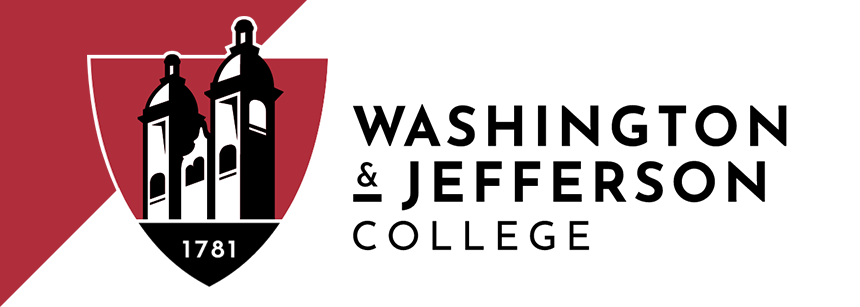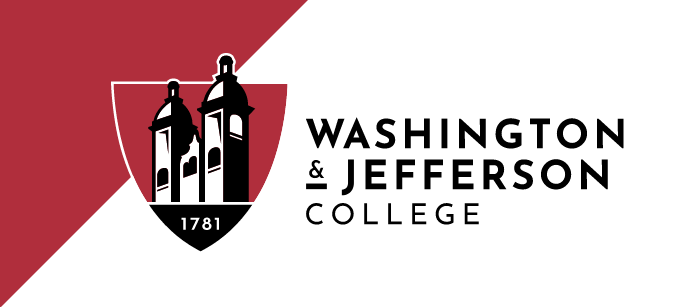WASHINGTON, PA (Oct. 29, 2013)—Washington & Jefferson College junior Sneha Gupta has known for years she is headed to Temple University School of Medicine following graduation, but that has not stopped her from blazing a trail along the way.
The Weirton, W.Va., resident and graduate of Weirton Madonna High School is W&J’s first ever neurochemistry major. Her self-designed major offers her a more in-depth education in organic chemistry and psychology, with some neurology mixed in. She is a Temple University Medical Scholar, which means, through a cooperative agreement between W&J and Temple, she met extensive criteria upon enrolling at W&J to gain conditional acceptance to medical school there. She is not W&J’s first Temple Medical Scholar, but it is believed she is first from her high school to pursue the path.
Initially a biochemistry major, Gupta designed the neurochemistry major for a “more holistic approach to neuroscience that incorporated both biology and chemistry as well as psychology.” She is considering a future specialization in pediatric neurology. Her proposal included a list of 16 core courses, which then had to be approved by a committee of faculty members, which included Michael Leonard, Ph.D., associate professor of chemistry, Ronald Bayline, Ph.D., associate professor of biology, and Lynn Wilson, Ph.D., professor of psychology. She also credits Anupama Shanmuganathan, Ph.D., assistant professor of biology, who Gupta interned with conducting microbiology research on campus the summer following her freshman year, for helping to facilitate her interests.
“The way they teach science here, the professors are so passionate and very easy to approach,” Gupta said. “Most students have difficulty finding the opportunity to pursue internships as freshman. I spent the entire summer here and the things I have gotten out of that opportunity have been amazing.”
One, she said, was the chance to become a member of the American Society of Microbiology (ASM). She presented her research in microbiology at the ASM General Meeting earlier this year at a poster session.
“We were also able to attend talks throughout the session on the current research being conducted in microbiology. The experience was very enriching as it exposed us to an international conference while allowing us to make connections with students and professors at medical schools as well as other labs,” she said.
Most presenters there were graduate and post-doctoral students, she added.
“Sneha took the initiative to create a major that blends her enthusiasm for both neuroscience and chemistry. She worked with the committee to craft an academic program that is rigorous, with coursework that is appropriately distributed among the contributing disciplines. This is a perfect illustration of a student taking ownership of her education. As W&J’s very first neurochemistry major, Sneha can be especially proud of her accomplishment,” Leonard said.
Bayline said that while Sneha is the first to create a major in neurochemistry, W&J has had several students create neuroscience majors.
“What she is doing is building on a very active and successful neuroscience program to create a more specialized focus on topics in chemistry and neuroscience,” Bayline said. “Sneha’s interest in neurochemistry is unique in that she is putting together courses from biology, neuroscience, chemistry and psychology to create her major. While we have had students major in neuroscience previously, her particular interest in neurochemistry gives her an opportunity to focus on an area of neuroscience that is extremely important to her medical goals.”
Bayline added that modern medical treatments for neurological disorders require a detailed understanding of the chemistry of the nervous system, including knowledge of drugs to treat conditions such as depression, schizophrenia, bipolar disorder, and other conditions.
“Our understanding of the chemistry of the nervous system is expanding daily, and Sneha’s studies will allow her to contribute significantly to that field as she continues her career,” Bayline said.
Gupta said the neurochemistry major will allow her to be better prepared for both medical school and a career in the medical profession.
“Neurochemistry itself will give me the opportunity to combine my academic interests in a unique way that will be specific to my future plans, which at this point is medical school and a career in neuropsychiatry. The neurochemistry major at other schools generally involves basic chemistry and neuroscience courses as well as advanced neurochemistry courses towards the end of the major,” Gupta said. “In my design, I decided to add a focus on certain psychology courses offered at W&J that would serve to keep the in depth study of neuroscience in mind.”
(end)

